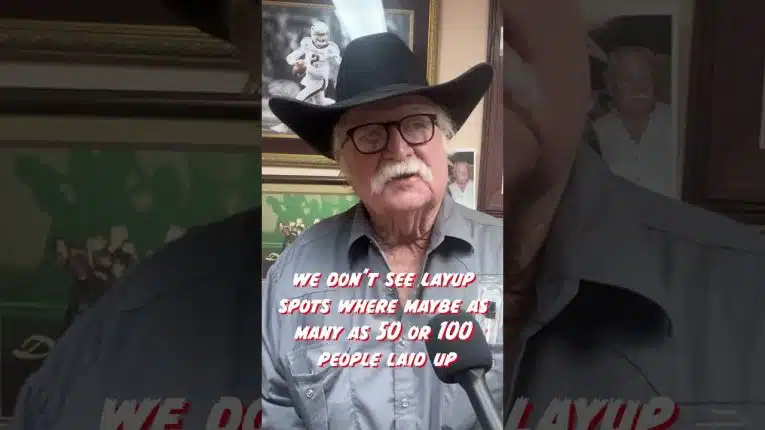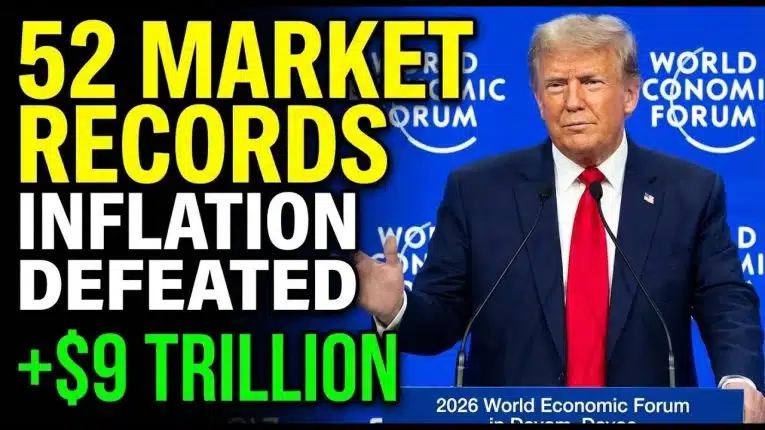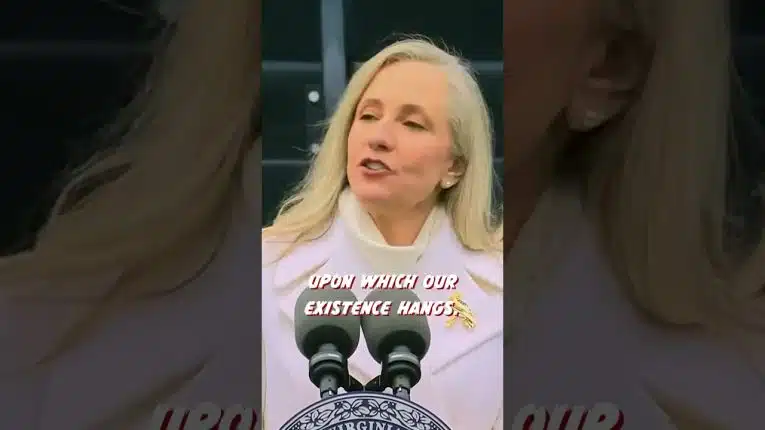Before Donald Trump was bringing illegal immigration and bad trade deals to forefront of the Republican presidential debate, there was Pat Buchanan.
Once a special assistant to President Richard Nixon and also the White House Communications Director under President Ronald Reagan and a regular contributor on CNN’s Crossfire and NBC’s The McLaughlin Group, Buchanan rose to national prominence in 1992 when he ran for president against President George H.W. Bush in the Republican primary on a platform opposing illegal immigration and NAFTA.
Although he came in second place the New Hampshire primary that year, Buchanan was unable to prevail in a primary against a sitting president. Later that year, Ross Perot ran as an independent and whose emphasis on NAFTA attracted 19.7 million votes in the general election.
Was Buchanan ahead of his time? Trump has led the 2016 GOP field in national polls for months and has unapologetically embraced the same agenda.
Buchanan, the man who coined the term “silent majority” told CNN in a recent interview, “Trump has raised the very issues I raised in the early 90s, 1991 and 92, I said these trade deals are going to terrible, we’re going to lose manufacturing jobs, factories abroad, the real wages of Americans are not going to rise, people are coming across the border it has got to be stopped.”
Buchanan added, “What we’ve got now, 25 years later, is the proof that what we predicted has come to pass.”
Was Buchanan right?
Since he ran for president in 1992, the number of manufacturing jobs in the U.S. has dropped from 16.8 million to 12.3 million today, a loss of 4.5 million, according to data compiled by the Bureau of Labor Statistics.
As a matter of world trade rules, developing economies are right off the bat granted so-called special and differential treatment. Other trade deals such as Congress granting most favored nation trade status to China in 2000 — by a 237 to 197 vote in the House and a 83 to 15 vote in the Senate — may have inexorably changed economic history, and unquestionably has led to a shifting of capital overseas to emerging economies, particular after the 2008 bubble popped.
Household median income has only grown nominally an average 2.5 percent a year since 1992, and by just 1.9 percent a year since 2000 to $53,657, according to the U.S. Census Bureau.
In contrast, the nominal cost of tuition that grew an average annual 5.7 percent to $11,074 since 2992, according data compiled by the Department of Education.
The average cost of a home has nominally grown about 3.4 percent a year since 1992, according to the Freddie Mac home price index.
Family health coverage premiums have risen an average 7.6 percent a year since 2000 to $16,384, according to data by the Kaiser Family Foundation.
As for illegal immigration, the number of people living in the U.S. illegally has doubled from 5.7 million in 1995 to 11.3 million in 2013, according to the Pew Research Center.
Overall, incomes did not keep up with basic staples such as college tuition, housing and health care. Emerging markets have eaten a lot of global production. Jobs have shifted overseas. And millions of illegal immigrants did come here.
Buchanan was right across the board.
Is that what is rubbing off on Trump now? History’s verdict on bad trade deals and illegal immigration? It remains to be seen with the contests in Iowa and New Hampshire just weeks away, but it may help explain what is animating Trump’s current success.
Correction: An earlier version of this article stated Pat Buchanan won the 1992 New Hampshire Republican primary. In fact, he won it in 1996, and came in second place in 1992.
Robert Romano is the senior editor of Americans for Limited Government.






